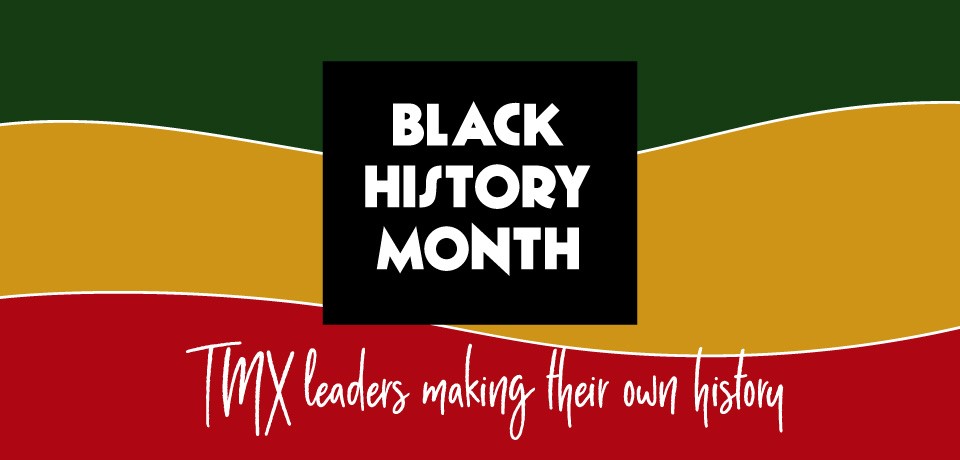Leaders Making History: Shawn Jordan, Regional Vice President of Operations
“You don’t decide to be a leader; your team decides who they’re going to follow.”
Shawn Jordan started with the Company in 2001, “back when we walked around with candles and wrote on tablets; not the kind we have today,” he joked, giving insight to how far along the Company had come since its humble beginnings. Through growth and determination, Mr. Jordan proved himself by successfully running a location and growing into the one of the first African American multi-unit leaders within the Company.
“I got a phone call from Tracy about doing an interview. At the time, I didn’t know much about TitleMax or the title pawn industry. I was still figuring out where I was going to land with my career, so I came to Alabama to interview.”
“That interview was pivotal for me because Tracy sold me on his vision and what he was trying to accomplish. I did very little talking during the interview and afterwards, I made the decision to take on a career with a small company with big ideas rather than a big company with small ideas.”
What made you want to become a leader?
“I have always played sports and have been the captain of the teams. You don’t decide to be a leader; your team decides who they’re going to follow. Playing sports gave me a knack for leading.”
“The other aspect was growing up in the church. People saw something in me. They pushed me into roles that would develop me as a leader. Jr. Usher board, Jr. Deacon Board; all of those things helped me because I had peers, and I had to help point (them) in the right direction.”
“Whether it’s built into you or you are brought up into leadership, it will always be in you. You have to become comfortable being a leader. My first mentor, who is still a mentor to this day, taught me how to put an imprint on people. I fell in love with helping others and helping to mold them. Leadership is not for everybody, but if it’s for you, you will never want to stop. It’s something that you will always want to work.”
What does Black History mean to you?
“When thinking on Black History, I think of certain words: ‘courage,’ ‘sacrifice,’ and ‘determination.’ To me, those words don’t get enough attention when we talk about Black History. Think about what those past leaders had to go through to stand up for what they believed, knowing they could die. They could have easily gone along their way, but they had the courage and determination to make those sacrifices.”
“To me, the term ‘Black History’ means ‘American History’. America can’t tell its story without telling the story of all of the people who contributed to the democracy. We sometimes simplify what Black History means by talking about two or three specific individuals, but hundreds of people are overlooked who have made sacrifices to push things forward for everybody. This is a moment of reflection and appreciation for those individuals.”
How do you celebrate Black History Month?
“We celebrate 365 days a year; a month should not minimalize our contribution to building America. And, we celebrate by serving. Dr. King has a quote that I have instilled in my daughters and my family, ‘Everybody can be great because everybody can serve.’ A lot of people miss what that really means but those who have accomplished this give back by way of knowledge, income, or whatever. They find a way to serve the community, no matter how small.”
What have been some of your proudest moments?
“My proudest moments have been developing my team and getting them promoted. Having a hand in their development, regardless of where they started, and helping them work their way up to get promoted. I’m most proud when I see someone that I have touched in some type of way through six degrees of separation or when someone wants to shadow me because of my time here and my knowledge.”
What advice would you give to emerging leaders?
“First, being chosen as a leader is a privilege and a burden at the same time; approach it that way. Second, don’t give speeches. Talk to your people. Dictators give speeches, leaders talk to their teams. Lose the ego. Change the ‘I’ to ‘we’, because you are not leading if you’re saying, ‘I want to do this.’ You win as a team. If ‘we’ are not successful, you will take responsibility for that as a leader. Every piece of advice for leaders would fall under those categories.”
“Also, do a little extra. If you do a little extra, they you become extraordinary as a leader.”
